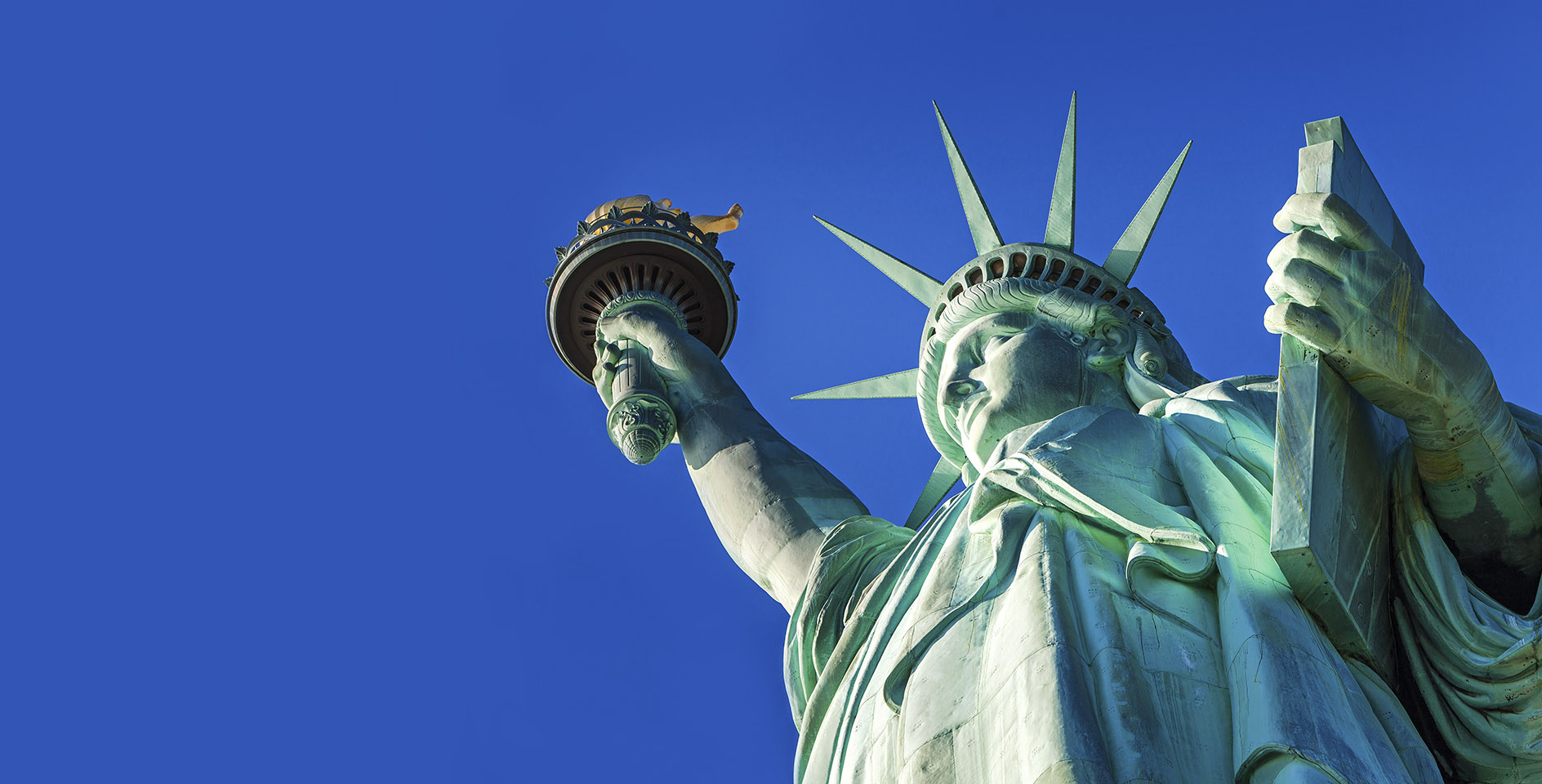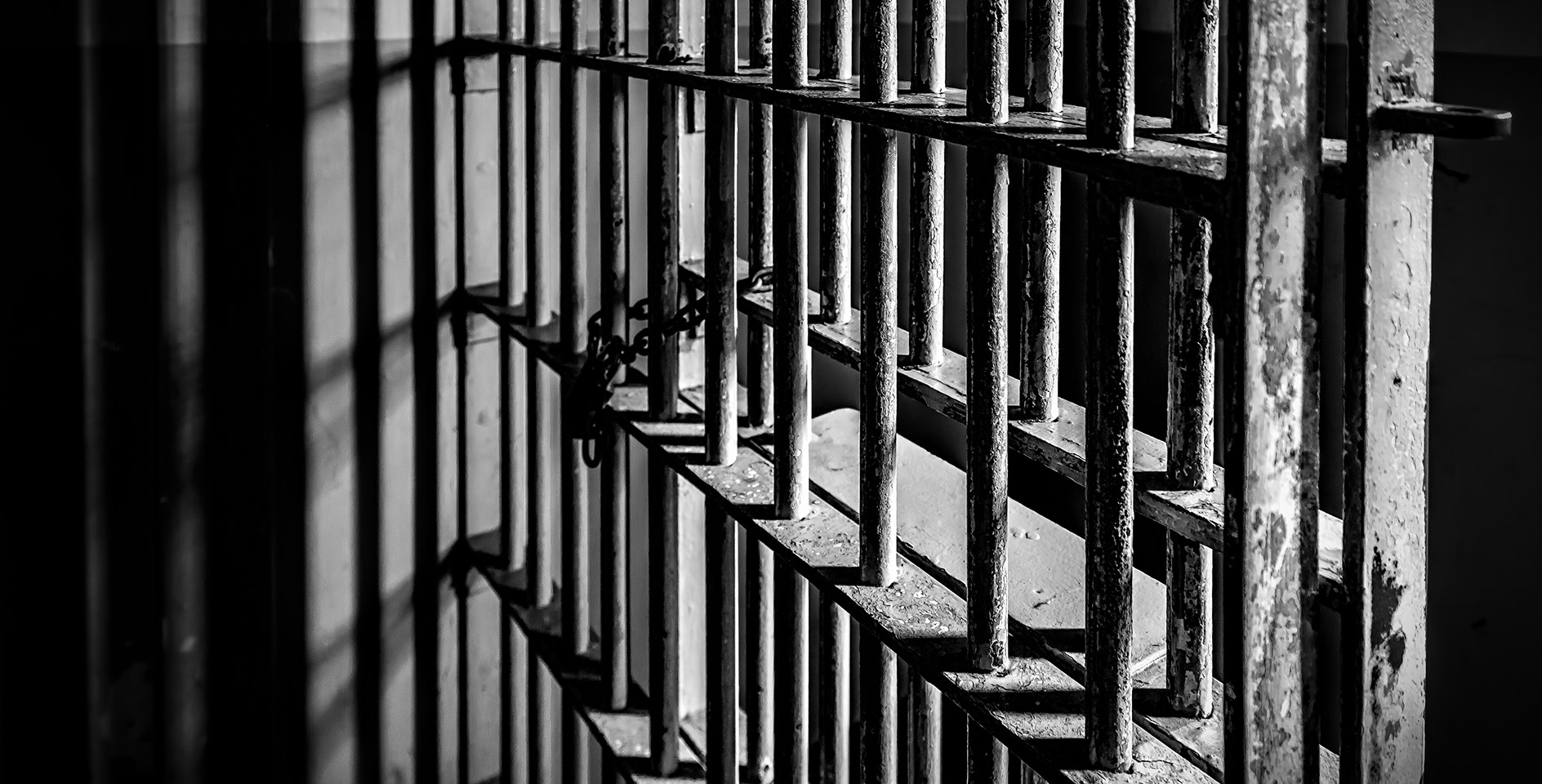We the people of the United States, in order to form a more perfect union, establish justice, insure domestic tranquility, provide for the common defense, promote the general welfare, and secure the blessings of liberty to ourselves and our posterity, do ordain and establish this Constitution for the United States of America.
Selma (**** out of 4) is ultimately about the hard sacrifices made by ordinary Americans “in order to form [this] more perfect union” mentioned in the Preamble to the U.S. Constitution. This sometimes means breaking unjust laws to establish justice or insuring domestic tranquility by disturbing the peace. Our nation’s history and the history of humanity in general is filled with such paradoxes in order to ensure the general welfare of our nation and other civilizations do not leave behind oppressed minorities who have historically been discriminated against and denied equal dignity. The blessings of liberty to ourselves and our posterity have not always been extended to everyone.
When I taught U.S. History and U.S. Government in a diverse high school, my favorite topics to teach were the causes of the Civil War and the Civil Rights Movement. These topics allowed me to build from foundational knowledge and push my students’ thinking to new levels. One of my favorite activities was dissecting Dr. Martin Luther King Jr.’s Letter from a Birmingham Jail and discussing non-violent protest with my students, pointing out how restrained and strategic agitation could successfully bring white moderates into the fold, forcing politicians to take action. But my favorite question to pose to my students was this: Would you be willing to be spit on, beat up, called numerous vulgar names, and not respond with any violence or hatred in return? If you knew your name wouldn’t be in the history books, would you still be willing to sacrifice your dignity temporarily so that dignity could be recognized by law and fact for yourself and your posterity?
Throughout my history classes, I tried to demythologize the legends from our own history. I tried to teach Lincoln, MLK, and others as the flawed humans they were so that my students could truly appreciate the obstacles they faced, sacrifices they made, brilliance they displayed, and history God gave them the opportunity to shape. I wanted them to know that these men and women were no different from them and that these eras in history required men, women, and children whose names we’ll never know.
Selma does all of this perfectly, arguably too perfectly as controversy has arisen surrounding the depiction of LBJ as a President trying to make everyone politically happy as Vietnam begins to get out of hand and the nation realizes the 1964 Civil Rights Act didn’t magically solve all racial discrimination. But LBJ is instead depicted as someone sympathetic to Civil Rights, but not omniscient in realizing how history would judge him. This depiction is human and real, therefore resulting in a more authentic tale, meaning LBJ’s ultimate support and work toward passing the Voting Rights Act into law has more power at the conclusion of the film, knowing where he has come from previously. It’s important for Americans of all ages to know that LBJ’s hesitation to push the Voting Rights Act forward in 1964 doesn’t mean he was a racist bigot just as his signing of the 1964 Civil Rights Act did not make him an angel. All humans are complicated. None are perfect.

Similarly, Dr. Martin Luther King Jr. is revealed as a Nobel Prize winner in the opening scene of the film who feels detached from the people he is trying to help and navigates the rest of the film (and his life) as someone not dissimilar from Abraham Lincoln – trying to do the impossible by bringing together disparate and warring factions in the name of achieving equality and making that more perfect union, justice, domestic tranquility, and blessings of liberty a reality for all Americans of every race and creed.
David Oyelowo provides a performance that rivals Daniel Day-Lewis in Lincoln, leaving me so transfixed that I often assumed I was watching footage of Dr. King himself. The Dr. King of Selma, just like the historic man himself, is not a perfect man. The film, after dancing around MLK’s infidelity in the first half, addresses Dr. King’s struggles and sins head on. This is not a man with all the answers, but a leader who must overcome his doubts in order to lead in spite of his detractors, his violent critics, and dissenters within his own movement. He often feels alone and like a failure, with everyone seemingly disagreeing and disliking his decisions. This MLK is not a mythological hero, but an imperfect man like us whom God used to bend the arc of history toward justice.
This is one aspect of Selma I appreciated – the film did not shy away from the role of faith and Christianity in Dr. King’s work. Whether it’s the images of rabbis and nuns joining the march or white clergy traveling to Alabama to join the movement, faith is prominent. Dr. King’s sermons are focal points in the film. As Dr. Russell Moore wrote about Ferguson, “The reason African-Americans tend to speak out against racial profiling and disparate sentencing is because often they can imagine their own sons or brothers or nephews in that place. As those in Christ, we have the same family dynamic at work, regardless of whether we are black or white, Jew or Gentile. In the church, a black Christian and a white Christian are brothers and sisters. We care what happens to the other, because when one part of the Body hurts, the whole Body hurts.”

While the political jockeying and Dr. King’s leadership under fire were enthralling, Selma‘s true power was found in its depiction of ordinary people sacrificing security, comfort, and sometimes even their lives. We’ll never know their names. But they were there on the Edmund Pettus Bridge that Sunday, beat by state troopers. They sat in the pews at the funerals of those who sacrificed everything. They laid the groundwork before MLK came to Selma and continued working to make the dream a reality long after he left.
They showed up at the courthouse to be embarrassed when asked to pay a poll tax they couldn’t afford, pass a literacy test they couldn’t read, and answer questions no white person had to endure in order to register to vote.
They debated around their dinner tables just like Dr. King did with his team, wondering which obstacles to voting and equality should be dismantled first.
They were spit on, beat down, imprisoned, and killed so that the words and principles of our Founding Fathers could become a reality. But what Selma reveals moves beyond America to more fundamental truths about human dignity and equality. It shows what happens when regular people respond with the radical truths of The Bible. Comfort and security is lost but, as Dr. King says late in the film, God sometimes calls us to something greater, fighting peacefully yet forcefully for the imago dei in every human life.
This article was originally pubished at The Wise Guise.
Image Credit: Wayne Taylor










